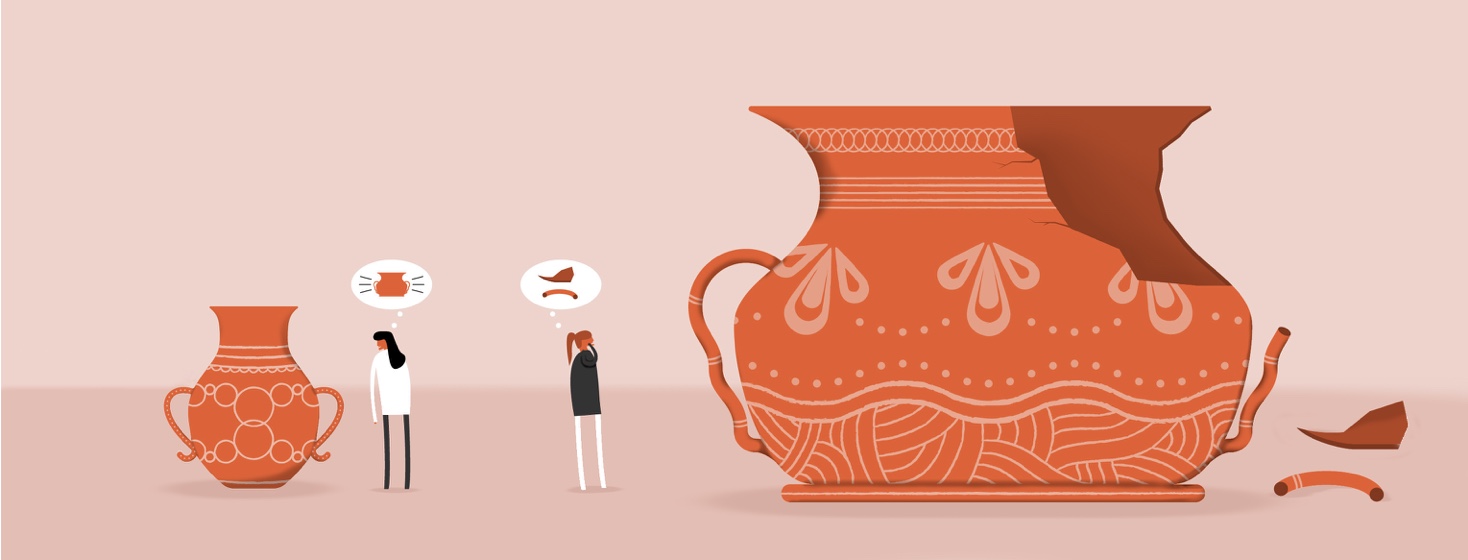The Phrase "Must Be Nice"
This post was actually inspired by a very good friend of mine, Sarah Kay Hoffman. She runs a blog and also has Inflammatory Bowel Disease. We met during a patient advisory meeting in 2016 and I absolutely fell in love with her story and spirit. A few months ago, Sarah shared a story on her blog about the use of the phrase “must be nice.”
In the post she talked about how people often use the phrase, but fail to understand what the other person is actually going through or how they may feel.
Using the phrase “must be nice” can imply that your situation is somehow more challenging or difficult than the next person’s.
But how can anyone know or judge that fully without being in the other person’s shoes? This is something I’ve experienced often since being diagnosed with Ulcerative Colitis, especially at my previous job. People would assume that because I was out of work (on disability), that I was somehow better off. As if the job is more difficult or complicated than what I was going through.
Must Be Nice
As people, we all let things slip, not thinking about how our words may impact others. When people told me it “must be nice” that I was able to get so much paid time away from work, I would get really frustrated. After returning to work from 3 consecutive surgeries, I began to respond to these allegations. I started letting my coworkers know that it was in-fact not “nice” to be diagnosed with a chronic condition as a teenager and have various medications, procedures and surgeries in my early 20s. It’s not nice to go through those things at all but especially when young and still trying to understand myself and life in general.
I think the only way to eliminate this “must be nice” phrase as an IBD patient is to continue to spread awareness.
Overtime, as my coworkers were able to get to know me better and hear more of my story, I feel like they really began to understand how traumatizing and life-consuming having IBD can be. Hearing my story helped them to realize people with IBD don’t just sit on the toilet and complain. I showed them how chronic inflammation is uncomfortable and ultimately dangerous. They saw first-hand the extra-intestinal symptoms of Ulcerative Colitis.
Once I became more comfortable opening up about my condition, they became more comfortable listening. Some of them even visited me in the hospital, which I felt was the biggest eye opener. Seeing an IBD patient on oxygen with multiple IVs running, barely able to move is enough to change anyone’s perspective.
My takeaway from Sarah’s article is the same as my takeaway from being diagnosed with Ulcerative Colitis at such a young age:
You never know what someone is going through.
I try my best to remember her words on days when I become frustrated with my health or my job, wishing that I could “trade places” with someone.

Join the conversation